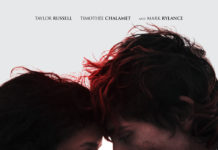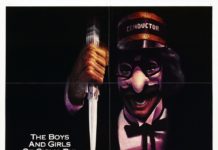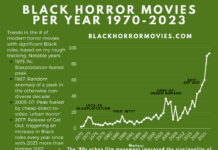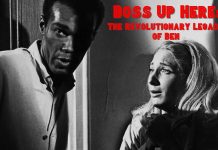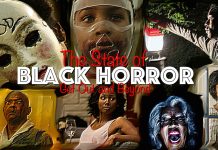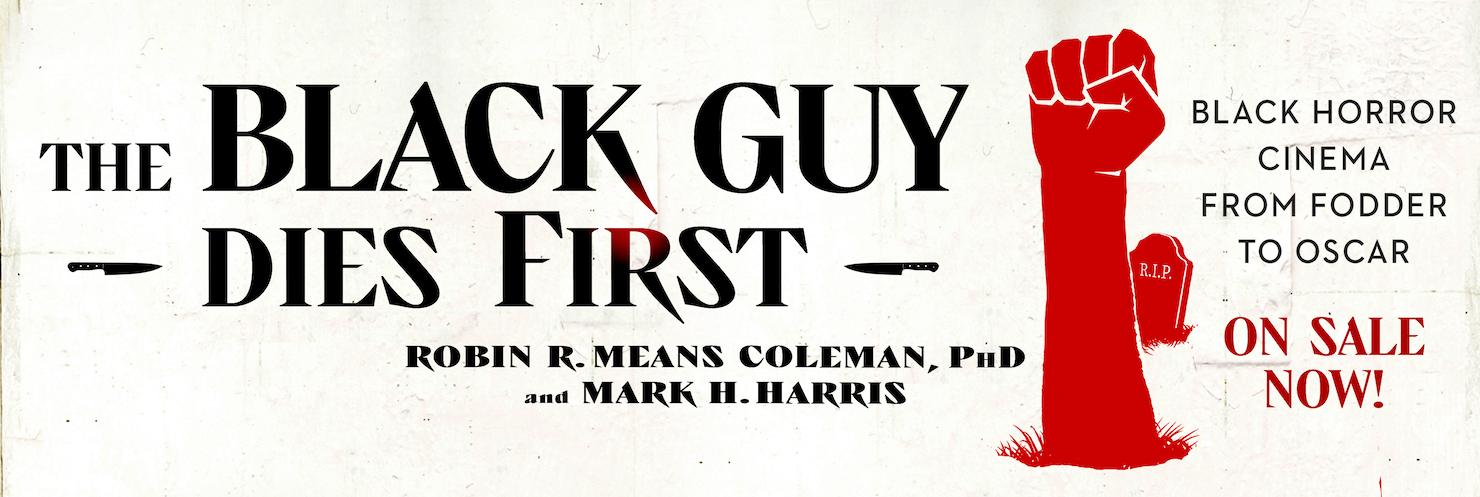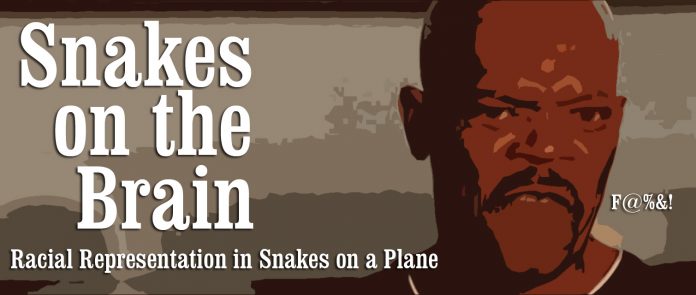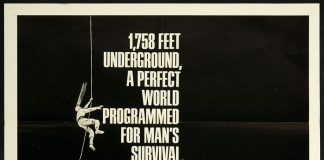Like every other Internet gnome trolling the Web for treasure, I traced the progress of the film Snakes on a Plane for months, drinking in the online parodies and speculating on the possibility of sequels (Giraffes on a Speedboat) or even prequels (Dodos on a Frigate). I cheered when New Line Studios ordered five days of re-shoots to bump the movie from a PG-13 to an R rating; it showed that they really cared about what we gore-loving horror fans over the age of 17 want. However, extra tits and asps can’t overcome the impact of one particularly egregious edit.
Those MFing snakes.
You see, in crafting their rewrite, New Line execs reportedly took suggestions from the host of bloggers and basement dwellers who had spurred the already huge Internet buzz for the film. Not stopping at general fixes like “more sex” or “pointier fangs,” though, the studio let fanboys dictate an actual line of dialogue. It turns out that they desperately wanted — nay, needed — star Samuel L. Jackson to say, “I have had it with these mother(bleep)ing snakes on this mother(bleep)ing plane!”
Beyond the assault on artistic integrity that arises from writing scripts via the body politic, as an African American, I foresee a more troublesome impact. Black actors like Jackson taking cues from the primarily white online (and for that matter, offline) community raises the inherent issue of racial representation.
To his legion of testosterone-driven fans, every Jackson role should be a variant of Pulp Fiction‘s foul-mouthed cool cat Jules Winnfield – a classic character, but one that feeds into the sort of stereotyped African-American swagger and speech patterns that would make Bill Cosby’s ears bleed.
The image of the belligerent, uncouth black man or the finger-waving, neck-craning black woman is a tired Hollywood convention that was quantified in the 2001 book The Black Image in the White Mind: Media and Race in America. The study, conducted by professors of communication Robert M. Entman and Andrew Rojecki, found, among other things, that in a sampling of over 60 mainstream Hollywood films, 89% of black actresses used vulgar language versus 17% of white actresses.
Sure, Jackson has willingly selected his risqué roles — many of which were created by black writers — but when the words come from outside the realm of one’s own racial experience and understanding, at some point one has to reconcile oneself to what lies behind them. I like to call this “the Chappelle Syndrome.”
Following Dave Chappelle’s decision to walk away from his popular sketch comedy show and his subsequent retreat to Africa, he spoke about the racial dynamics of being a black performer on The Oprah Winfrey Show. While he himself was responsible for writing most of the skits on his show, he began to question how the bawdy content was being interpreted by fans. Chappelle’s Show mined humor out of drug use, sexual acts, profanity and “pimps ‘n hoes” — vices that, when attached to black characters, could cater to well-worn racial prejudices. He told Oprah about one of the incidents that sent him packing:
Somebody on the set [who] was white laughed in such a way – I know the difference of people laughing with me and people laughing at me – and it was the first time I had ever gotten a laugh that I was uncomfortable with…I don’t want black people to be disappointed in me for putting that [message] out there…It’s a complete moral dilemma.
Judging from the message board on his now-defunct website, DaveChappelle.com, Chappelle had reason to be concerned about his audience’s interpretation. The board served largely as an informal forum for fans to post ideas for skits, many of which pandered to base racial stereotypes. You’d find such bits as “Matrix ho slapping,” a parody of The Maury Povich Show called The Whore-y Po Bitch Show, “whore cuts” instead of hair cuts and a world in which slavery was never abolished and black people are put in shows like dogs.
Of course, I’m not implying that the general public is packed with raging racists, but with any sort of mass forum free from the filter of individual responsibility, general preconceptions — fueled by generations of racial misunderstanding — tend to emerge. If Snakes on a Plane starts a trend, and the general public — or God forbid, the Internet public — continues to vote on what they want to see onscreen, scripts might start to resemble Mad Libs:
TYRONE steps out of his [late-model luxury sport utility vehicle], then stops abruptly.
TYRONE
Oh [expletive]! That [expletive]-ing [derogatory term for woman] stole my [slang for jewelry rhyming with “fling”]! Where’s my [high-caliber handgun]?
And who’s to say that someone with an agenda wouldn’t try to exploit the system to propagate new stereotypes? Before you know it, you could be brainwashed into believing that Native Americans always leave the toilet seat up.
Granted, Samuel L. Jackson hasn’t shown any signs of Chappelle Syndrome, but given the film’s box office take failed to live up to the hype, you never know if similar disappointment may lead to disillusionment and introspection. “I’ve had it with these mother(bleep)ing snakes on this mother(bleep)ing plane!” might become his albatross, his own version of Chappelle’s “I’m Rick James, bitch!” And that would be a mother(bleep)ing shame.

